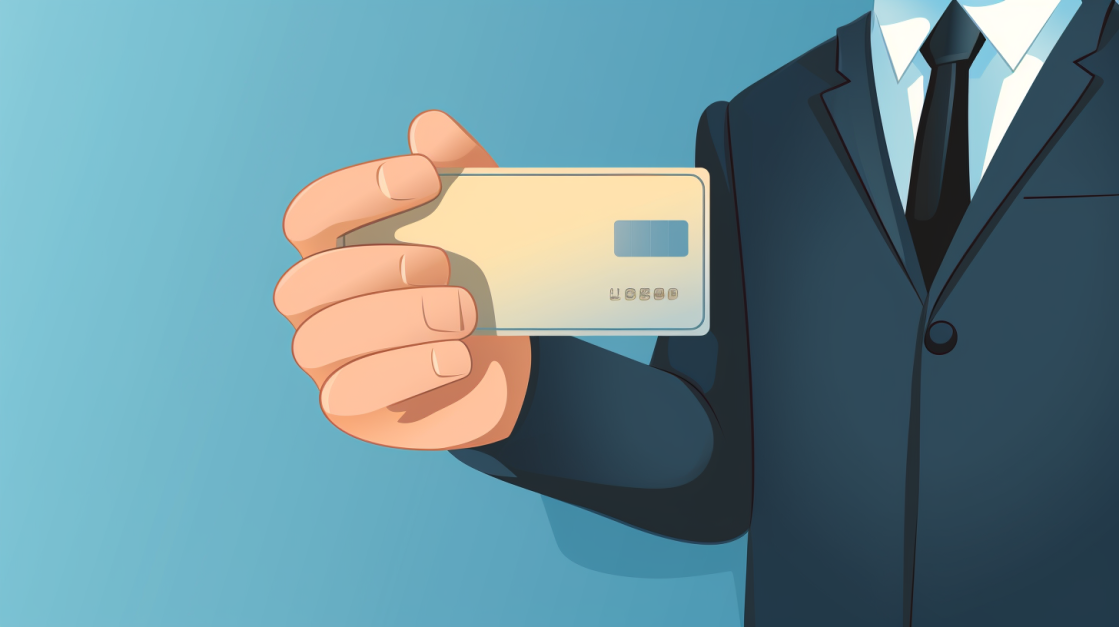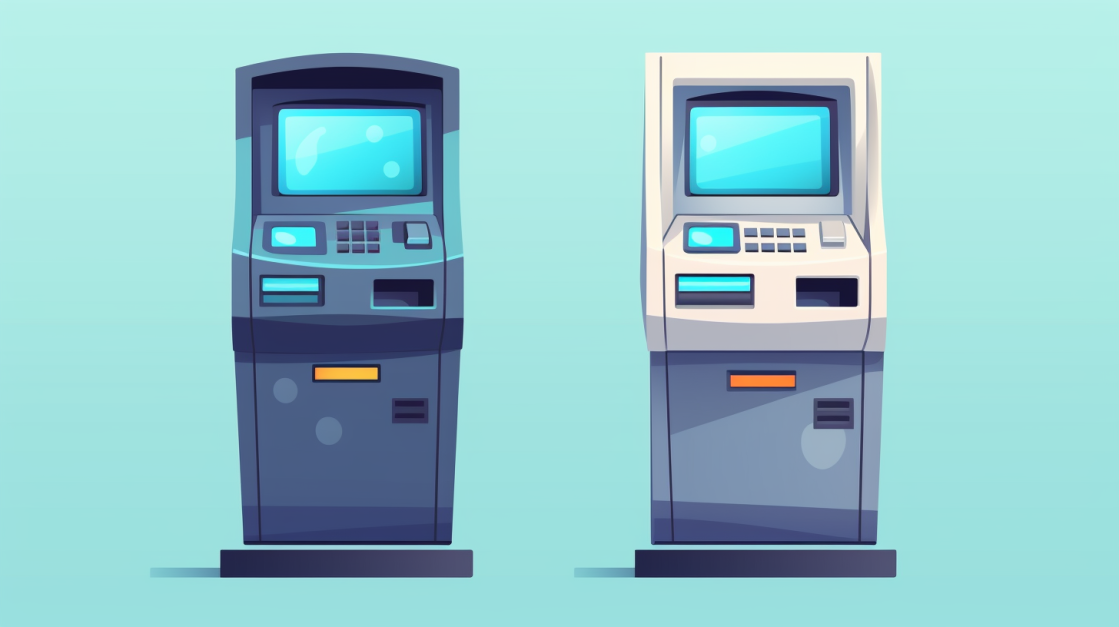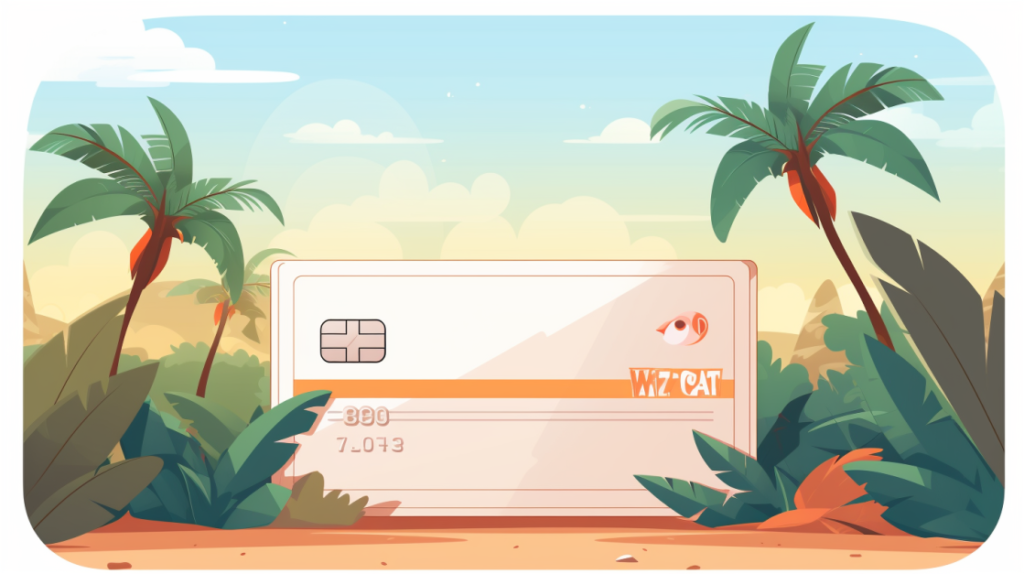Start Fresh: How to Build Credit from Scratch – Simple Steps

Building credit from scratch can feel like a daunting task, but with the right steps and mindset, it’s definitely achievable. Establishing a good credit history is essential for future financial endeavors such as renting an apartment, buying a car, or even owning a home. With consistent effort and patience, you can start building credit from scratch today.
In this article, I’ll provide you with simple steps and credit building tips that can set you on a path to credit score improvement. Whether you’re starting fresh with no credit history or looking to improve your existing score, these tips can help you achieve your goals.
Key Takeaways:
- Building credit from scratch is achievable with the right steps and mindset.
- Establishing a good credit history is essential for future financial endeavors.
- Consistent effort and patience are necessary for credit score improvement.
- This article will provide simple steps and credit building tips for building good credit.
Understanding the Basics of Building Credit
If you’re starting from scratch and have no credit history, building credit may seem like an overwhelming task. But establishing credit history is important, as it can impact your ability to get a loan, rent an apartment, or even get a job. Luckily, building credit with no credit history is possible if you follow a few basic steps.
First, it’s important to understand what it means to establish credit history. Essentially, this means demonstrating to lenders that you’re a responsible borrower who can be trusted to make payments on time. This can be challenging for individuals with no credit history, as there’s no previous track record of responsible credit management to point to.
To begin building credit, there are a few key steps to follow. These include checking your credit report, opening a bank account, using a secured credit card, applying for a credit-builder loan, becoming an authorized user, and making timely payments. By following these steps, you can begin to establish a positive credit history and improve your credit score over time.
Step 1: Check Your Credit Report
Before starting the credit building process, it’s important to know your current credit status. Obtaining a free credit report is an essential first step in building credit. You can get a free credit report from each of the three major credit bureaus annually. Checking your credit report for accuracy and potential errors is crucial in building credit.
Once you have obtained your credit report, look for any discrepancies or errors. If you find any errors, dispute them with the credit bureaus to have them removed from your report. Fixing any errors on your credit report can improve your credit score and lead to better credit offers in the future.
Step 2: Open a Bank Account
One of the first steps in the credit building process is opening a bank account. Not only is it a basic necessity for managing daily finances, but it can also contribute to building a positive credit history. Banks and credit unions offer a variety of account options, so it’s important to choose the one that best fits your needs.
When selecting a bank account, consider factors such as fees, interest rates, and any additional features. Some accounts may require a minimum balance or charge monthly maintenance fees, so be sure to read the fine print before making a decision. It’s also a good idea to choose a bank that reports to the major credit bureaus, as this can help establish credit history.
Once you’ve opened a bank account, be sure to use it responsibly. This means regularly depositing funds, avoiding overdrafts, and maintaining a positive account balance. A positive banking history can demonstrate your financial responsibility and contribute to a good credit score over time.
Step 3: Start with a Secured Credit Card

One of the most effective credit building strategies is to obtain a secured credit card. This type of credit card requires a security deposit, which serves as collateral in case the cardholder defaults on payments.
Applying for a secured credit card is relatively easy, and it’s a great way to start building credit from scratch. Many banks and credit unions offer secured credit cards, so it’s important to shop around for the best option that suits your needs and financial situation.
When applying for a secured credit card, be sure to choose a card with a low annual fee and a reasonable interest rate. It’s also important to compare the credit limit and security deposit requirements among different options.
Once you’ve obtained your secured credit card, it’s essential to use it responsibly to build a positive credit history. This means keeping your balance low, making on-time payments, and not using the card for more than you can afford to pay back in full each month.
Over time, as you demonstrate responsible credit card use, you may become eligible for an unsecured credit card with better terms and higher credit limits. Keeping up with good credit building practices will help you move towards more favorable credit products and better financial opportunities.
Step 4: Apply for a Credit-Builder Loan
One effective way to establish credit is by taking out a credit-builder loan. These loans are designed specifically for individuals who are building credit from scratch.
Credit-builder loans work by allowing you to borrow a small amount of money, typically from $300 to $1000, and making payments over a set period, usually 6 to 24 months. The lender holds the funds in an account as collateral until you pay off the loan.
One of the benefits of a credit-builder loan is that it shows lenders that you can make regular payments on time. This demonstrates that you are a responsible borrower and can handle credit responsibly. Additionally, by repaying the loan on time, you will be establishing a positive credit history that can help improve your credit score.
To apply for a credit-builder loan, start by checking with your bank or credit union to see if they offer this type of loan. If they don’t, there are also online lenders that offer credit-builder loans. Be sure to compare interest rates and fees before deciding on a lender.
When you take out a credit-builder loan, it’s important to make payments on time and in full. Late or missed payments can negatively affect your credit score and defeat the purpose of the loan. By making on-time payments and repaying the loan in full, you’ll be one step closer to building good credit.
A credit-builder loan is just one of several strategies you can use to build credit. By diversifying your credit mix and making timely payments on all credit accounts, you can establish and maintain a positive credit history.
Step 5: Become an Authorized User

Another useful strategy in building credit from scratch is becoming an authorized user on someone else’s credit card. This means that the primary cardholder adds you to their credit account, allowing you to use the card for purchases while building your credit history.
However, it’s important to note that this strategy should only be used with someone you trust, as any missed or late payments on the account could harm both parties’ credit scores. It’s also crucial to have open and clear communication with the primary cardholder about expectations and responsibilities.
Being an authorized user on a credit card can help establish credit history and improve credit utilization. As an authorized user, the primary cardholder’s payment history and credit limit will also be reported on your credit report and contribute to your credit score.
It’s important to keep in mind that becoming an authorized user should be a complementary strategy to other credit-building efforts, such as using a secured credit card or applying for a credit-builder loan.
Remember: Use this strategy responsibly and in partnership with someone you trust to benefit from the credit-building process.
Step 6: Make Timely Payments
One of the most critical credit building strategies is making timely payments on all credit accounts. Late or missed payments can negatively impact credit scores, making it challenging to establish a good credit history. Therefore, it is essential to prioritize making payments on time.
To ensure timely payments, consider setting up reminders or automating payments. Many credit card issuers offer automatic bill payment options, making it easy to stay on top of payments. Additionally, it is crucial to avoid applying for too much credit at once, as multiple applications can lead to more debt and missed payments.
Step 7: Keep Credit Utilization Low
When building credit, it’s essential to keep credit utilization low. Credit utilization refers to the amount of available credit you’re using, expressed as a percentage. Ideally, you want to keep your credit utilization below 30%.
One of the most effective credit building strategies is to use a credit card for small purchases and pay the balance in full every month. This will show that you can use credit responsibly and keep your credit utilization low. Another way to keep credit utilization low is to request a credit limit increase. This will increase the amount of available credit, which can lower your credit utilization.
It’s also crucial to avoid closing credit card accounts, even if you’re not using them. Closing a credit card account can reduce your available credit and increase your credit utilization ratio, which can negatively impact your credit score.
Finally, be sure to monitor your credit utilization regularly and adjust your spending habits as needed to keep it within the recommended range.
Step 8: Diversify Your Credit Mix
When it comes to building credit, having a diverse mix of credit accounts can demonstrate responsible credit management and positively impact your credit score. While it’s important to have a positive payment history and low credit utilization, having a variety of credit accounts can also show potential lenders that you can manage different types of credit responsibly.
Consider adding an installment loan, such as a car loan or personal loan, to your credit mix. Installment loans involve making fixed payments over a set period of time and adding one to your credit mix can show that you can consistently make on-time payments and handle a long-term financial commitment.
Another option is a retail credit card, which can be obtained from retailers like department stores or gas stations. While the interest rates are often higher than traditional credit cards, using a retail credit card responsibly can still help improve your credit score.
Remember, the key is to use your credit accounts responsibly and make timely payments. Adding too many credit accounts too quickly can also negatively impact your credit score, so take a gradual approach and only add new accounts when you feel comfortable managing them.
Remember:
- Adding a diverse mix of credit accounts can positively impact your credit score
- Consider adding an installment loan or retail credit card to your credit mix
- Use credit accounts responsibly and make timely payments
- Take a gradual approach and only add new accounts when you feel comfortable managing them
Can I Earn Travel Rewards with a Credit Card if I Have No Credit History?

Yes, you can still earn travel rewards with the best travel credit cards even if you have no credit history. While having a credit history helps, there are options for those starting fresh. Secured credit cards or cards designed for students can be great choices to begin building credit while still reaping the benefits of travel rewards.
Step 9: Monitor Your Credit Progress
Once you’ve started building credit, it’s important to regularly monitor your progress. This can help you identify any errors or potential fraud on your credit report, as well as track your credit score improvement over time. Here are some credit building strategies to help monitor your credit:
- Check your credit report annually: You can obtain a free copy of your credit report from each of the three major credit bureaus once a year. Review your report for errors or discrepancies and dispute any inaccuracies with the credit bureau.
- Sign up for free credit monitoring: Many credit card companies and financial institutions offer free credit monitoring services. These services allow you to receive alerts about changes to your credit report or credit score, which can help you detect potential fraud or errors.
- Monitor your credit score: You can check your credit score for free through various online platforms like Credit Karma and Credit Sesame. Keep an eye on your score and track any fluctuations as you work on building good credit.
Remember, monitoring your credit progress is an essential part of the credit building process. By staying on top of your credit report and score, you can ensure that you’re on track to establishing a solid credit history.
Conclusion
Building good credit from scratch can seem daunting, but by following the simple steps outlined in this article, I can establish a solid credit history and improve my credit score.
I must remember to check my credit report regularly, open a bank account, start with a secured credit card, apply for a credit-builder loan, become an authorized user, make timely payments, keep credit utilization low, diversify my credit mix, and monitor my credit progress.
It’s important to approach the credit building process with patience and consistency, as it can take time to see results. But the long-term benefits, such as better loan rates and increased financial opportunities, make it all worth it.
By taking control of my credit journey and implementing these credit building strategies, I can create a brighter financial future for myself.
FAQ

Q: How can I build credit from scratch?
A: Building credit from scratch can be done by following a few simple steps. These steps include checking your credit report, opening a bank account, starting with a secured credit card, applying for a credit-builder loan, becoming an authorized user, making timely payments, keeping credit utilization low, diversifying your credit mix, and monitoring your credit progress.
Q: Why is it important to establish a good credit history?
A: Establishing a good credit history is essential because it can make it easier for you to qualify for loans, credit cards, and other financial opportunities in the future. A good credit history can also result in better interest rates and lower insurance premiums.
Q: How can I check my credit report?
A: You can obtain a free copy of your credit report from each of the three major credit bureaus once a year. To request your credit report, visit AnnualCreditReport.com. It’s important to review your report for accuracy and any potential errors.
Q: Why is opening a bank account important for building credit?
A: Having a bank account is important for building credit because it can establish a positive banking history. Lenders often look at your banking history to assess your financial responsibility. Additionally, having a bank account is necessary for certain credit-building strategies.
Q: What is a secured credit card and how can it help build credit?
A: A secured credit card is a type of credit card that requires a cash deposit as collateral. It can help individuals with no credit history build credit by allowing them to make small purchases and repay them on time. Responsible use of a secured credit card can demonstrate creditworthiness to lenders.
Q: What is a credit-builder loan and how does it help with credit building?
A: A credit-builder loan is a type of installment loan designed to help individuals build credit. The loan amount is typically small, and the borrower makes regular payments until the loan is repaid. Timely repayment of a credit-builder loan can help establish a positive credit history.
Q: Is becoming an authorized user on someone else’s credit card a good strategy for building credit?
A: Becoming an authorized user on someone else’s credit card can be a strategy to build credit, especially for individuals with no credit history. However, it’s important to choose a responsible cardholder who makes timely payments and maintains a low credit utilization ratio.
Q: Why is making timely payments important for credit building?
A: Making timely payments on all credit accounts is crucial for building a positive credit history. Late or missed payments can have a detrimental impact on your credit score. Setting up reminders and automating payments can help ensure you don’t miss any payment deadlines.
Q: What is credit utilization and why should it be kept low?
A: Credit utilization refers to the percentage of your available credit that you are currently using. It’s advisable to keep credit utilization low, ideally below 30% of your credit limit. High credit utilization can negatively impact your credit score and suggest a higher risk to lenders.
Q: Why is it important to have a diverse credit mix?
A: Having a diverse credit mix, which includes different types of credit accounts such as credit cards, loans, and mortgages, demonstrates responsible credit management. It shows that you can handle different types of credit and can contribute to a higher credit score.
Q: How can I monitor my credit progress?
A: You can monitor your credit progress by regularly checking your credit scores and reviewing your credit reports. There are several free credit monitoring services available that provide updates on changes to your credit file and alert you to potential fraud or errors.






